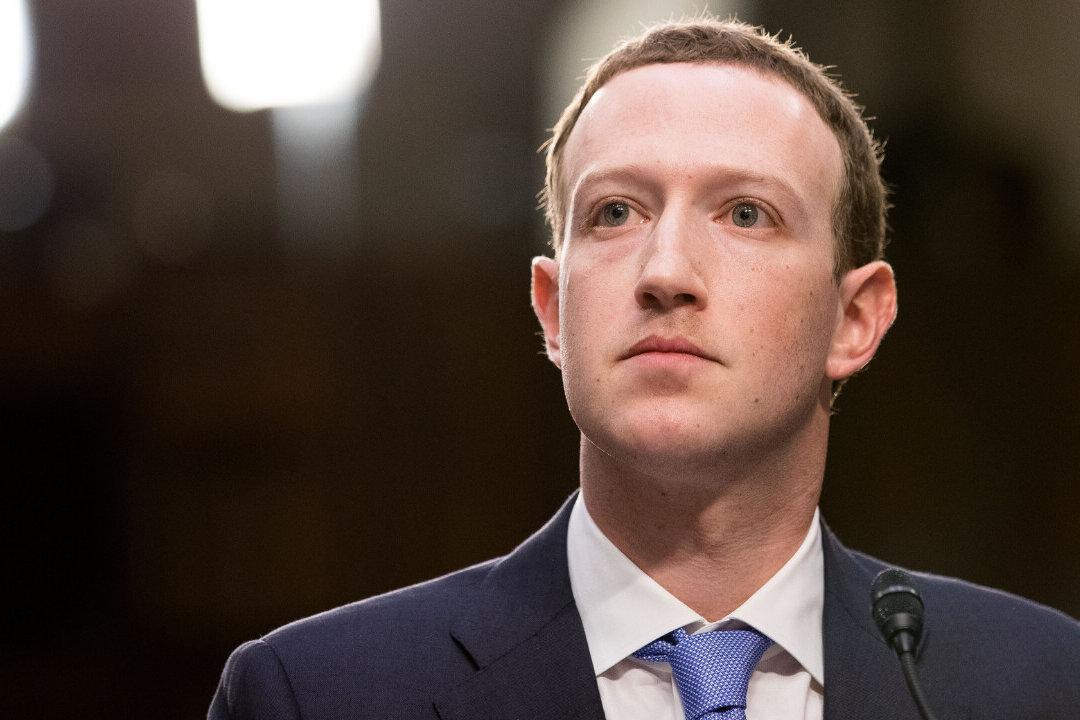Facebook on Wednesday started blocking users and companies from distributing or viewing news content, the latest broadside in a rapidly escalating war between lawmakers and Big Tech.
Australian elected officials introduced a bill late last year that would force Google and Facebook to negotiate contracts with news publishers, in a bid to stop the technology giants from making money from the publishers’ content while paying them nothing.





